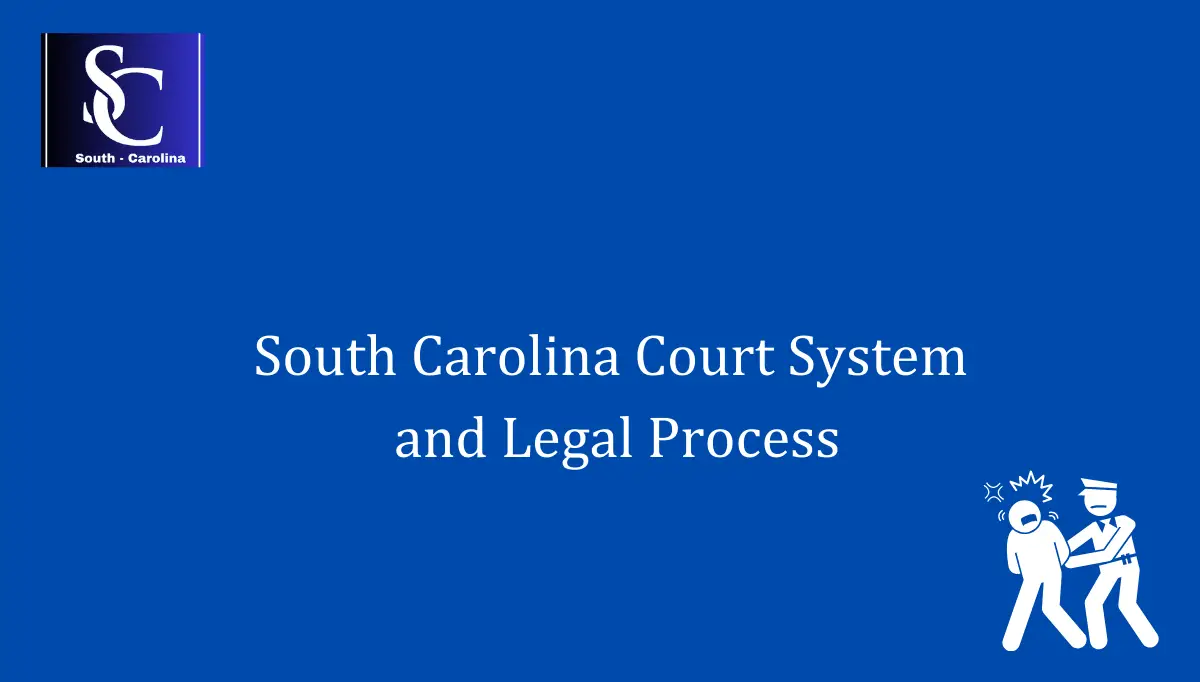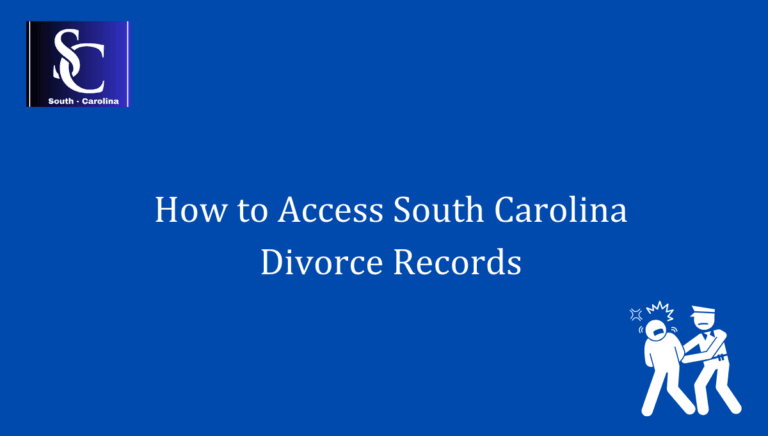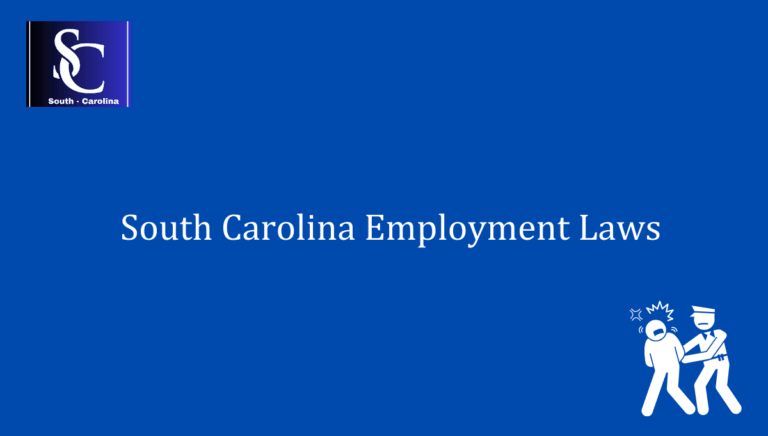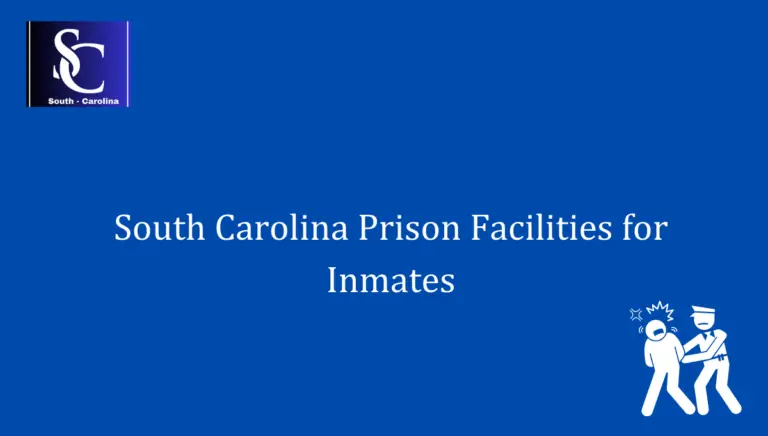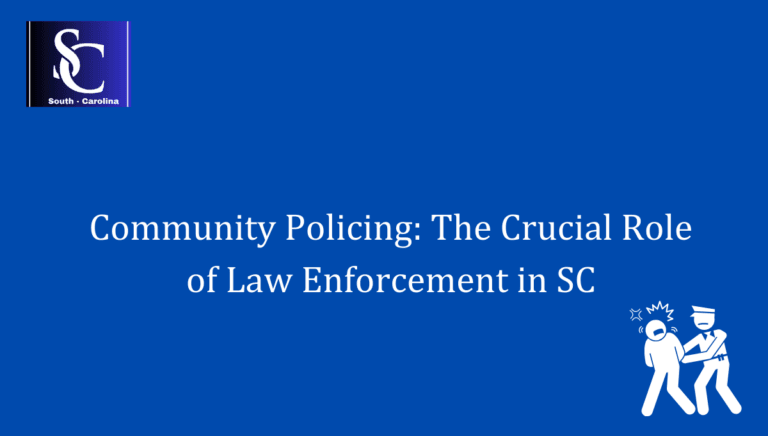South Carolina Court System and Legal Process
The South Carolina Court System and Legal Process is a complex and intricate system that plays a crucial role in upholding justice and maintaining law and order in the state. With a rich history and a commitment to fairness, the South Carolina courts serve as a cornerstone of the legal framework that governs our society.
From the lowest levels of the municipal and magistrate courts to the highest echelons of the South Carolina Supreme Court, each court has a specific jurisdiction and handles a wide range of cases. Whether it’s civil disputes, criminal offenses, or family matters, the South Carolina courts strive to provide a fair and impartial resolution to every case that comes before them.
As you navigate through this comprehensive guide, you will gain a deeper understanding of the South Carolina court system and the legal process. From filing a lawsuit to understanding the appeals process, we will walk you through each step, ensuring that you have the knowledge and resources necessary to navigate the complexities of the legal system with confidence.
The Structure of the South Carolina Court System
Understanding the structure of the South Carolina court system is essential for anyone involved in the legal process. This section will provide an overview of the different levels of courts and their respective jurisdictions.
Municipal and Magistrate Courts
At the lowest level, municipal and magistrate courts handle a variety of cases, including traffic offenses, small claims, and minor criminal offenses. These courts play a vital role in resolving disputes at a local level and ensuring access to justice for all citizens.
Circuit Courts
The Circuit Courts in South Carolina are the state’s general jurisdiction trial courts. They handle a wide range of civil and criminal cases, including serious offenses and major lawsuits. These courts have the power to conduct trials and issue judgments that can significantly impact individuals and communities.
Family Courts
Family matters, such as divorce, child custody, and domestic violence, are heard in the Family Courts. These courts specialize in handling sensitive issues related to families and strive to provide fair and equitable resolutions that prioritize the best interests of all parties involved.
Probate Courts
Probate courts handle matters related to wills, estates, guardianships, and conservatorships. These courts ensure the proper administration of assets and protect the rights of individuals who are unable to manage their affairs due to age, disability, or other factors.
South Carolina Supreme Court
At the highest level, the South Carolina Supreme Court is the final authority on matters of state law. This court reviews appeals from lower courts, interprets the state constitution, and establishes legal precedents that shape the future of the legal system in South Carolina.
Navigating the Legal Process in South Carolina
Understanding the legal process in South Carolina is crucial for anyone involved in a legal dispute or seeking justice. This section will guide you through the various stages of the legal process, offering valuable insights and practical advice.
Filing a Lawsuit
When initiating a legal action, it’s essential to understand the requirements and procedures for filing a lawsuit. This section will provide step-by-step guidance on preparing and submitting the necessary documents, ensuring a smooth start to your legal journey.
The Courtroom Experience
Appearing in court can be intimidating, but with the right knowledge and preparation, you can navigate the courtroom experience with confidence. This section will walk you through what to expect during court proceedings and offer tips on presenting your case effectively.
Alternative Dispute Resolution
Not all legal disputes need to go to trial. Alternative dispute resolution methods, such as mediation and arbitration, can offer a faster and less adversarial way to resolve conflicts. This section will explore these options and provide guidance on choosing the best approach for your specific situation.
The Appeals Process
If you are dissatisfied with a court’s decision, understanding the appeals process is essential. This section will explain how to navigate the appeals system, including the requirements for filing an appeal and the potential outcomes of the appellate court’s review.
Legal Resources and Support
Accessing reliable legal resources and support is crucial when dealing with legal matters. This section will provide a comprehensive list of resources, including legal aid organizations, self-help guides, and online tools that can assist you throughout your legal journey.
With this guide as your companion, you will be equipped with the knowledge and resources necessary to navigate the complexities of the South Carolina court system and the legal process. Whether you are a plaintiff, defendant, or simply a curious citizen, we are here to empower you with the information you need to understand and engage with the legal system effectively.
FAQs
What is the South Carolina Court System?
The South Carolina Court System is the judicial branch of the government in South Carolina. It is responsible for interpreting and applying the laws of the state and ensuring justice is served.
What are the different levels of the South Carolina Court System?
The South Carolina Court System consists of several levels. At the lowest level are the Magistrate Courts, followed by Municipal Courts, Family Courts, Circuit Courts, and the South Carolina Supreme Court.
What types of cases are heard in the South Carolina Magistrate Courts?
The South Carolina Magistrate Courts handle civil cases with a value of up to $7,500, criminal cases involving offenses with a maximum penalty of 30 days in jail, and preliminary hearings for more serious criminal offenses.
What types of cases are heard in the South Carolina Family Courts?
The South Carolina Family Courts handle cases related to divorce, child custody, child support, adoption, domestic violence, and other family-related matters.
How are judges appointed in the South Carolina Court System?
Judges in the South Carolina Court System are appointed by the Governor with the advice and consent of the Senate. They serve for a term of ten years.
What is the process for appealing a decision in the South Carolina Court System?
If a party is dissatisfied with a decision in the South Carolina Court System, they can file an appeal to a higher court. The appellate courts review the decision for errors in the application of the law or constitutional violations.

